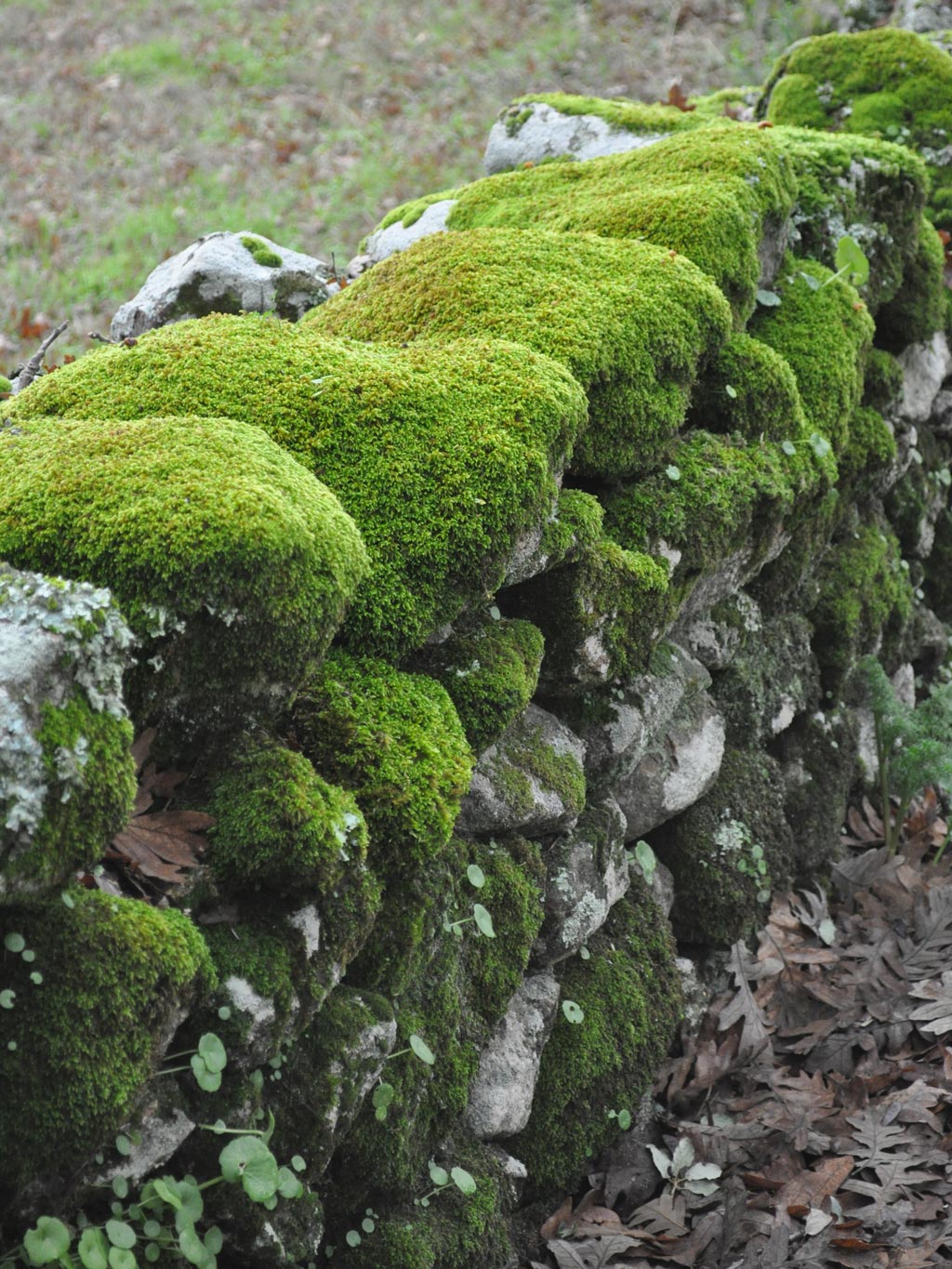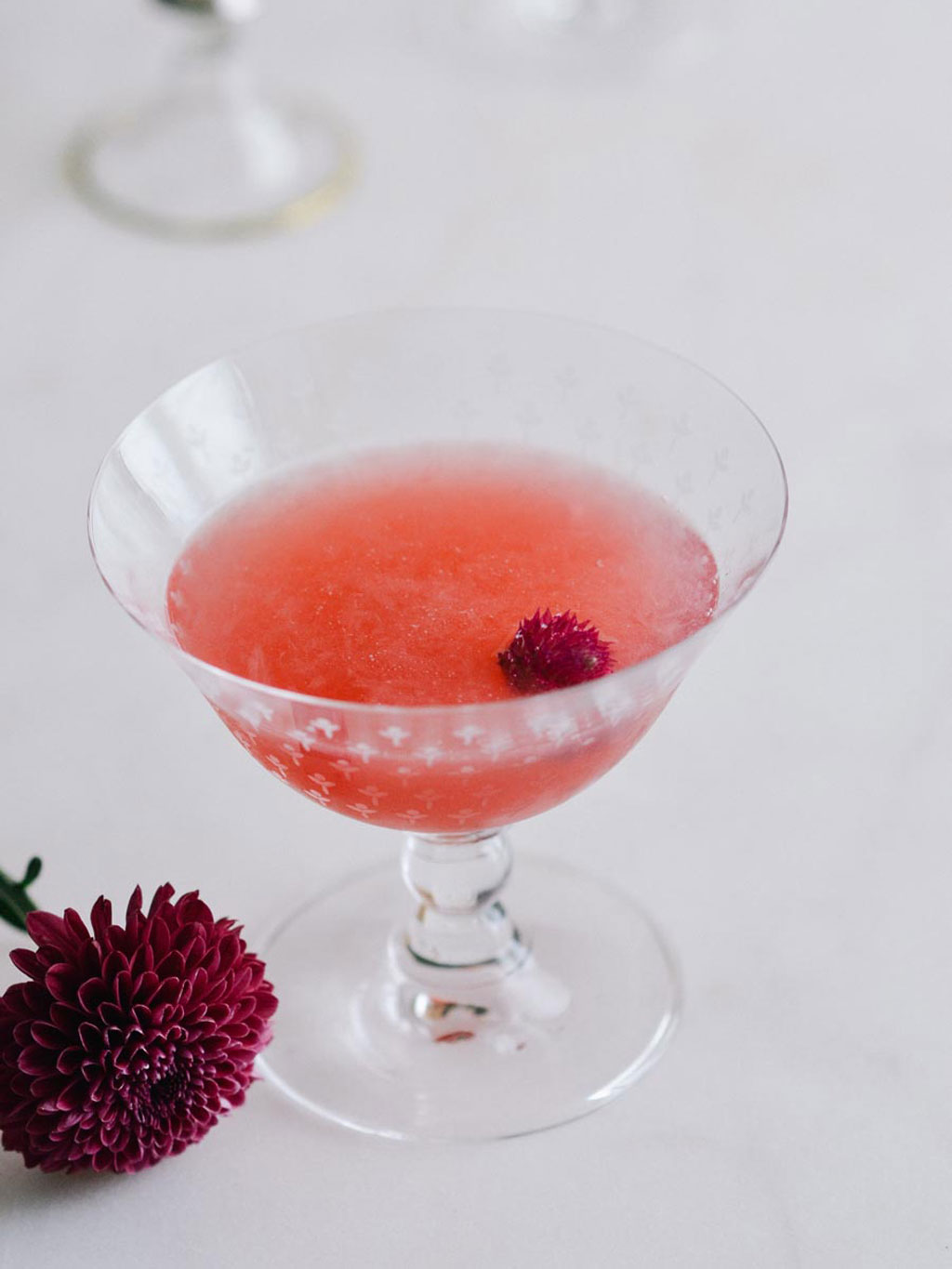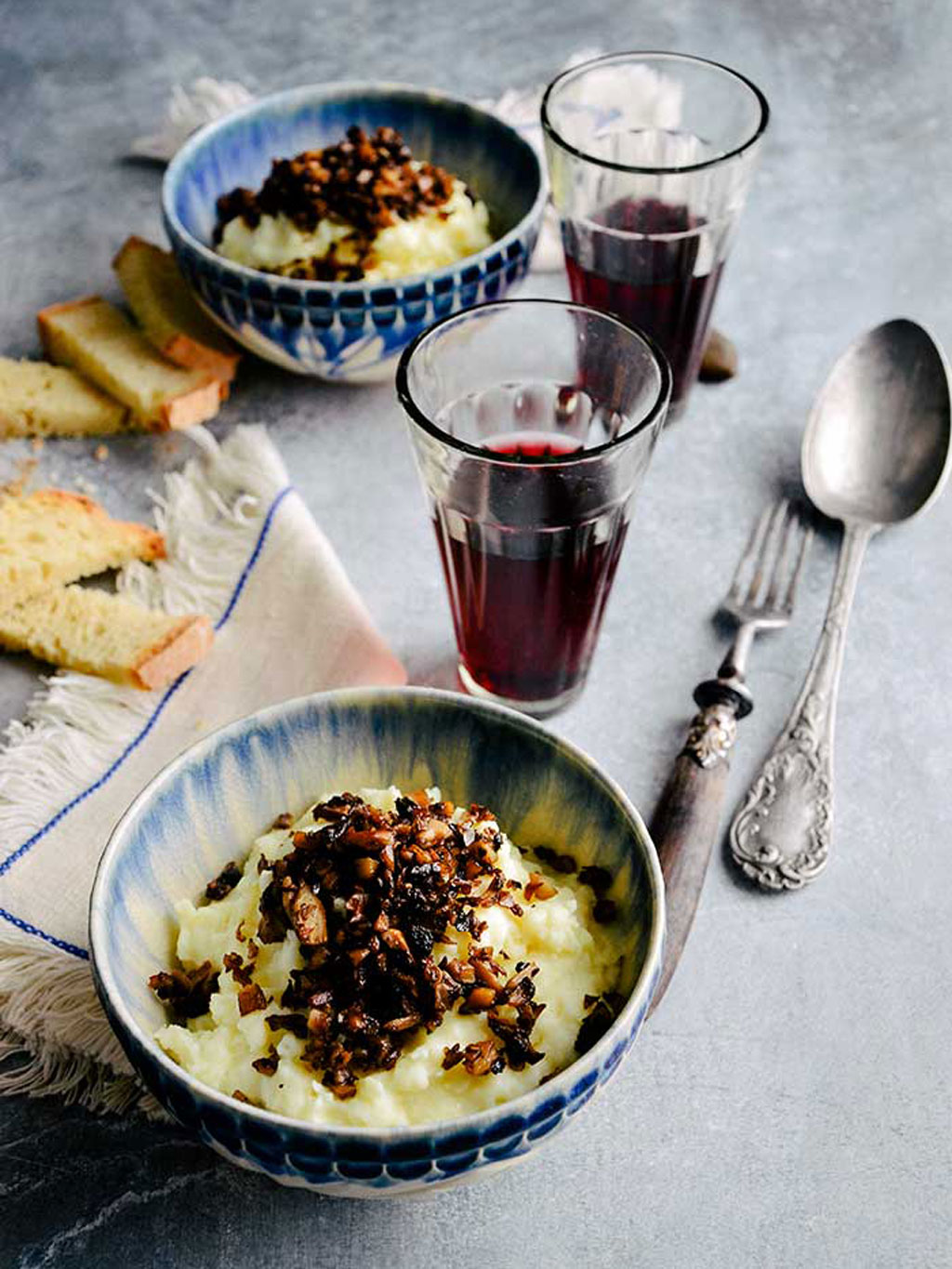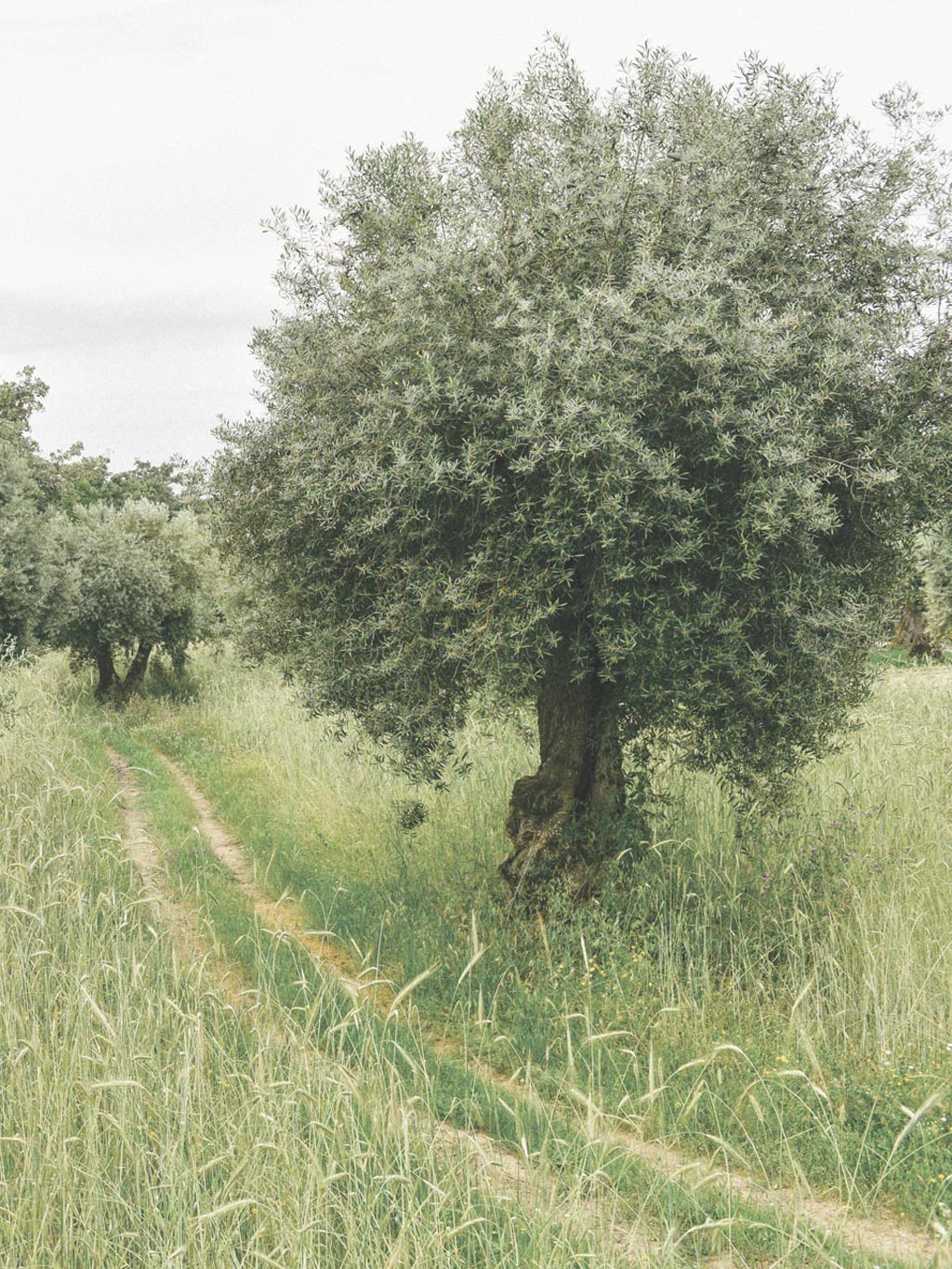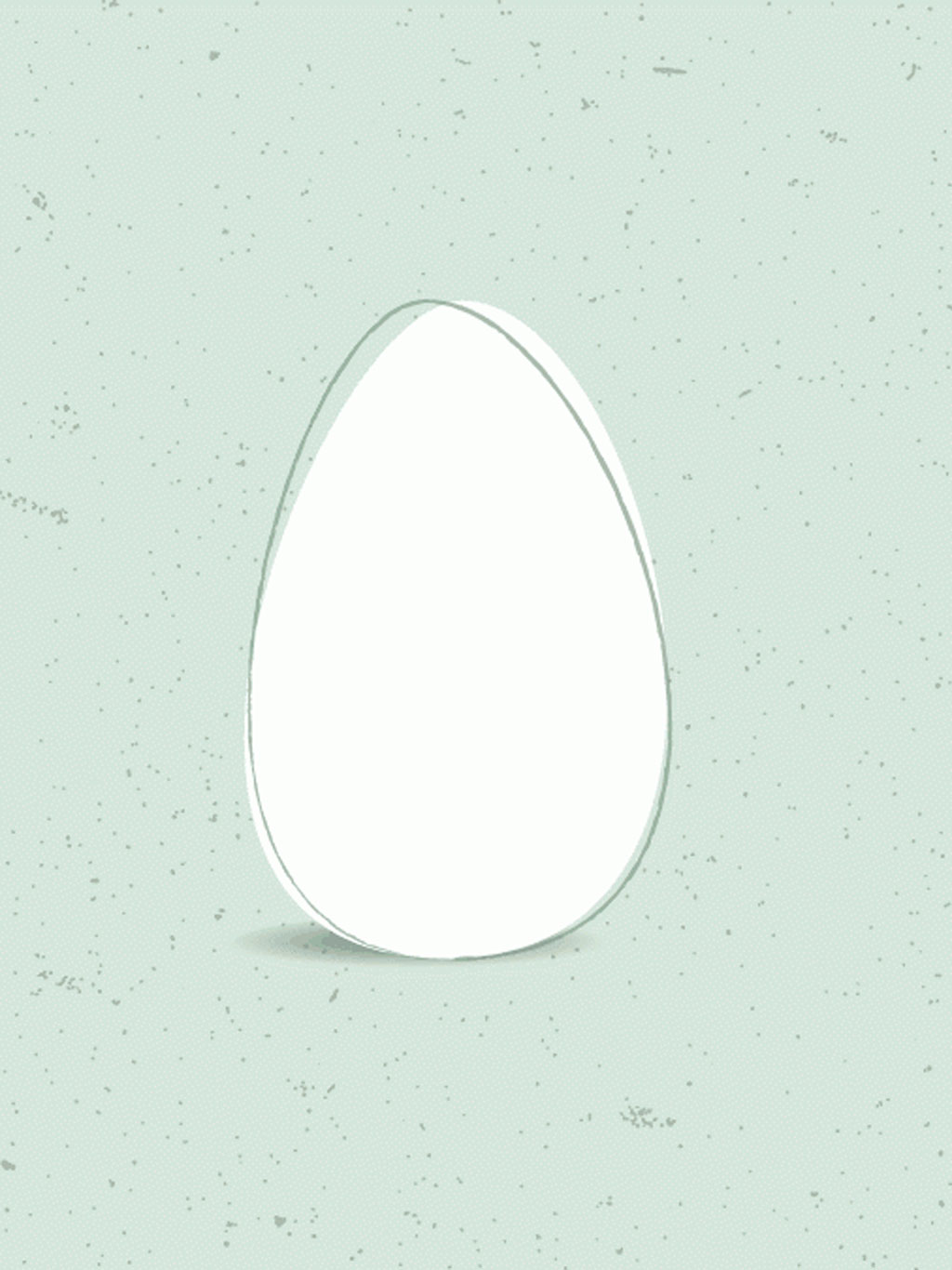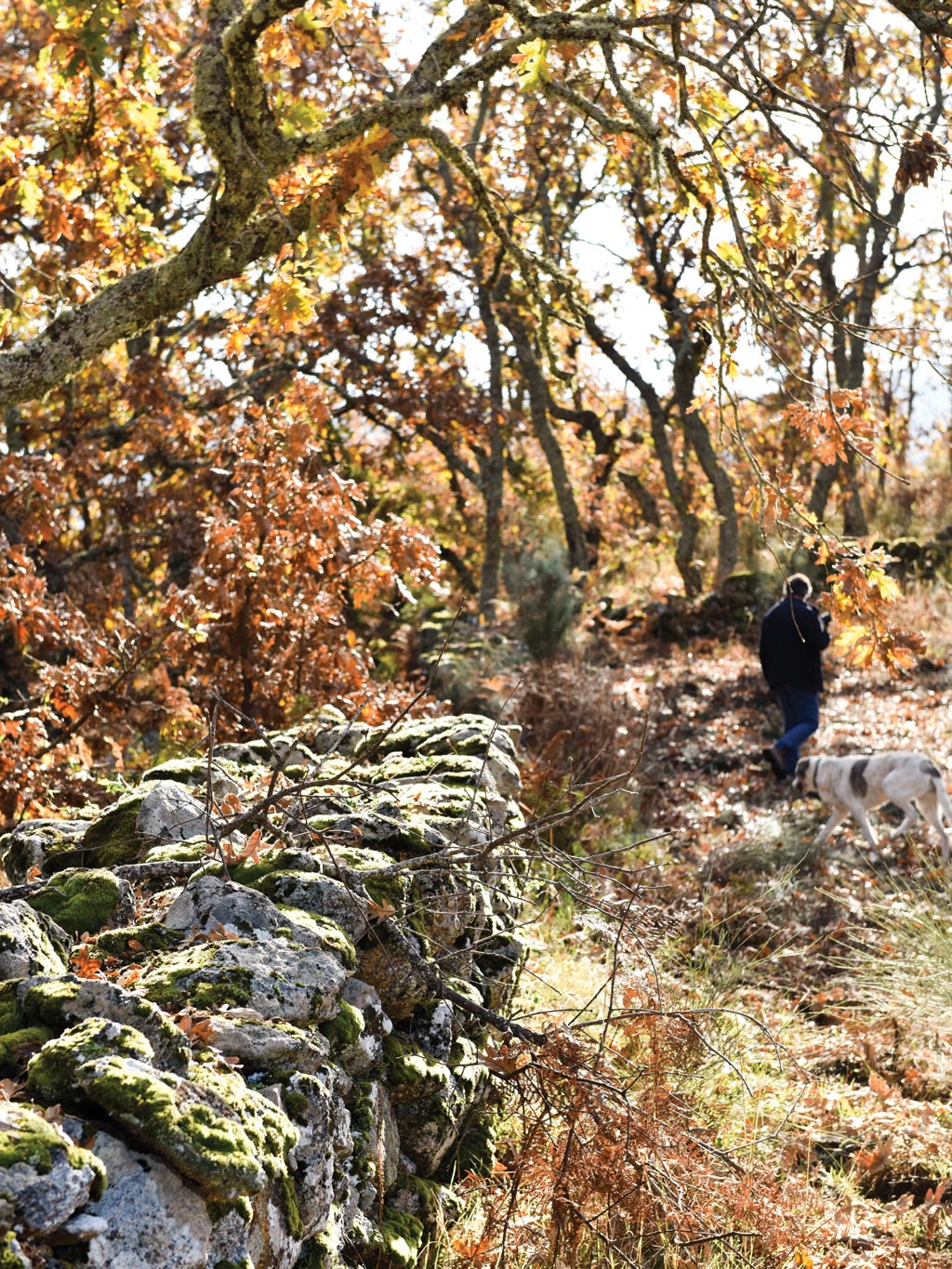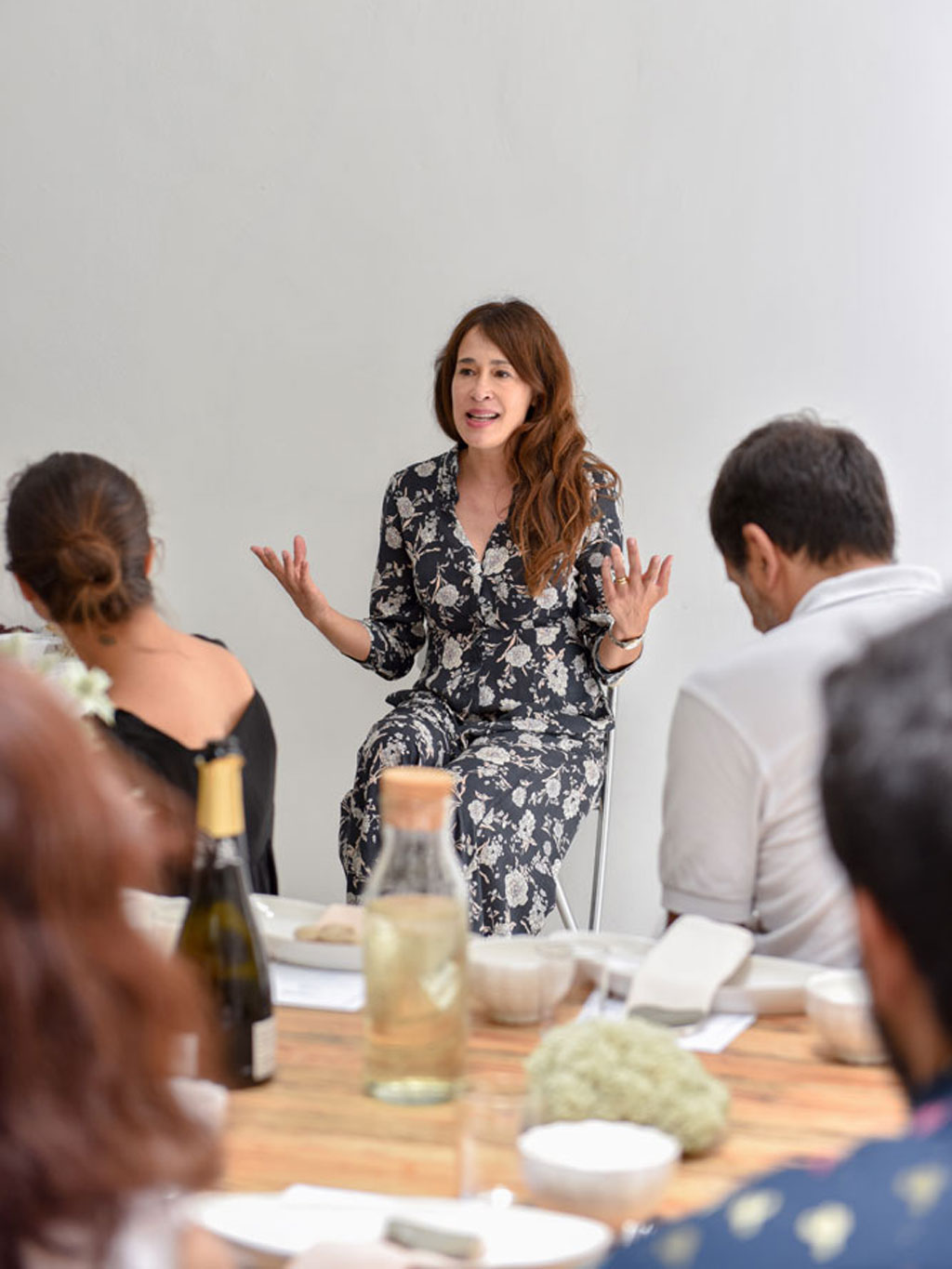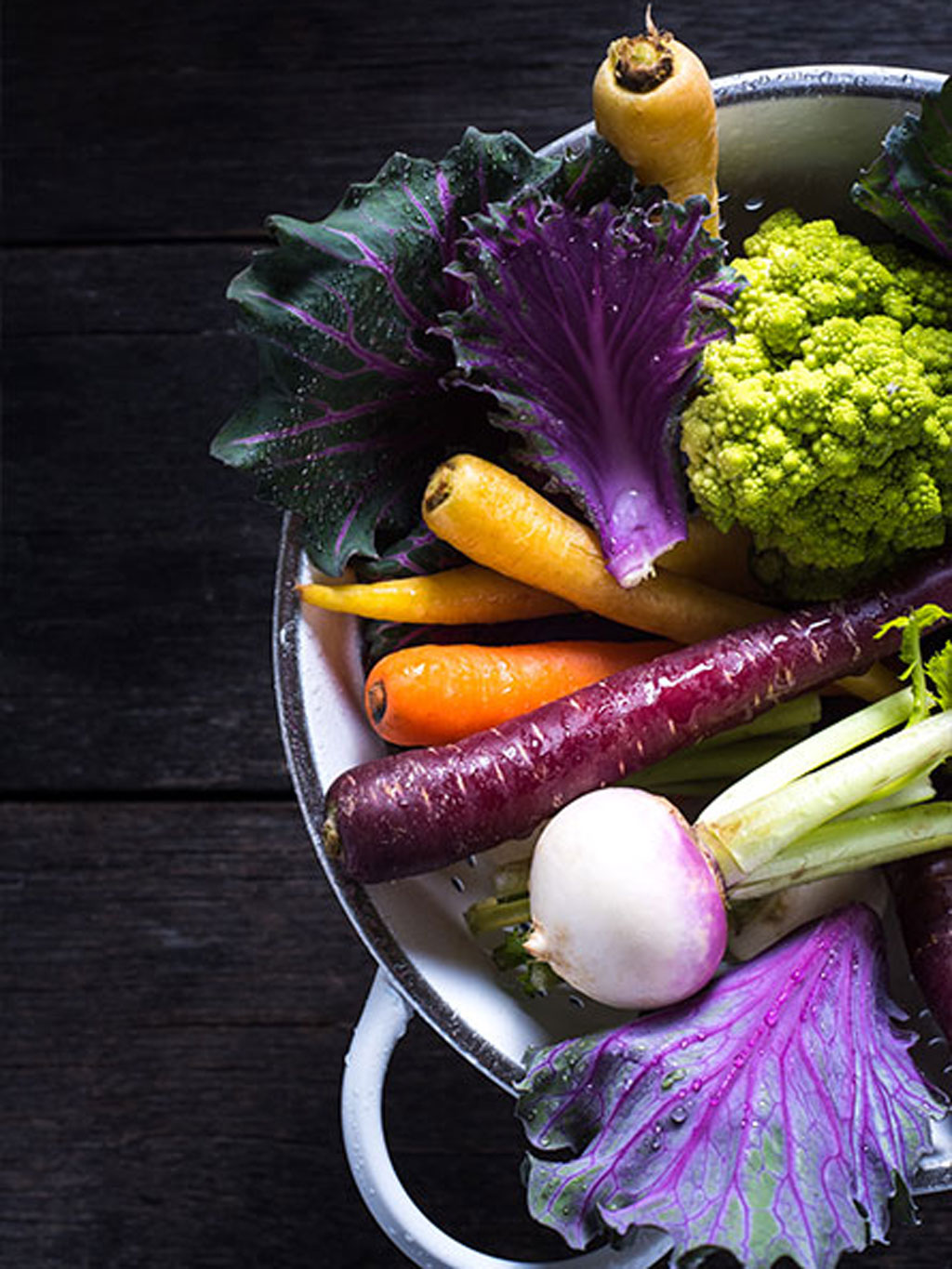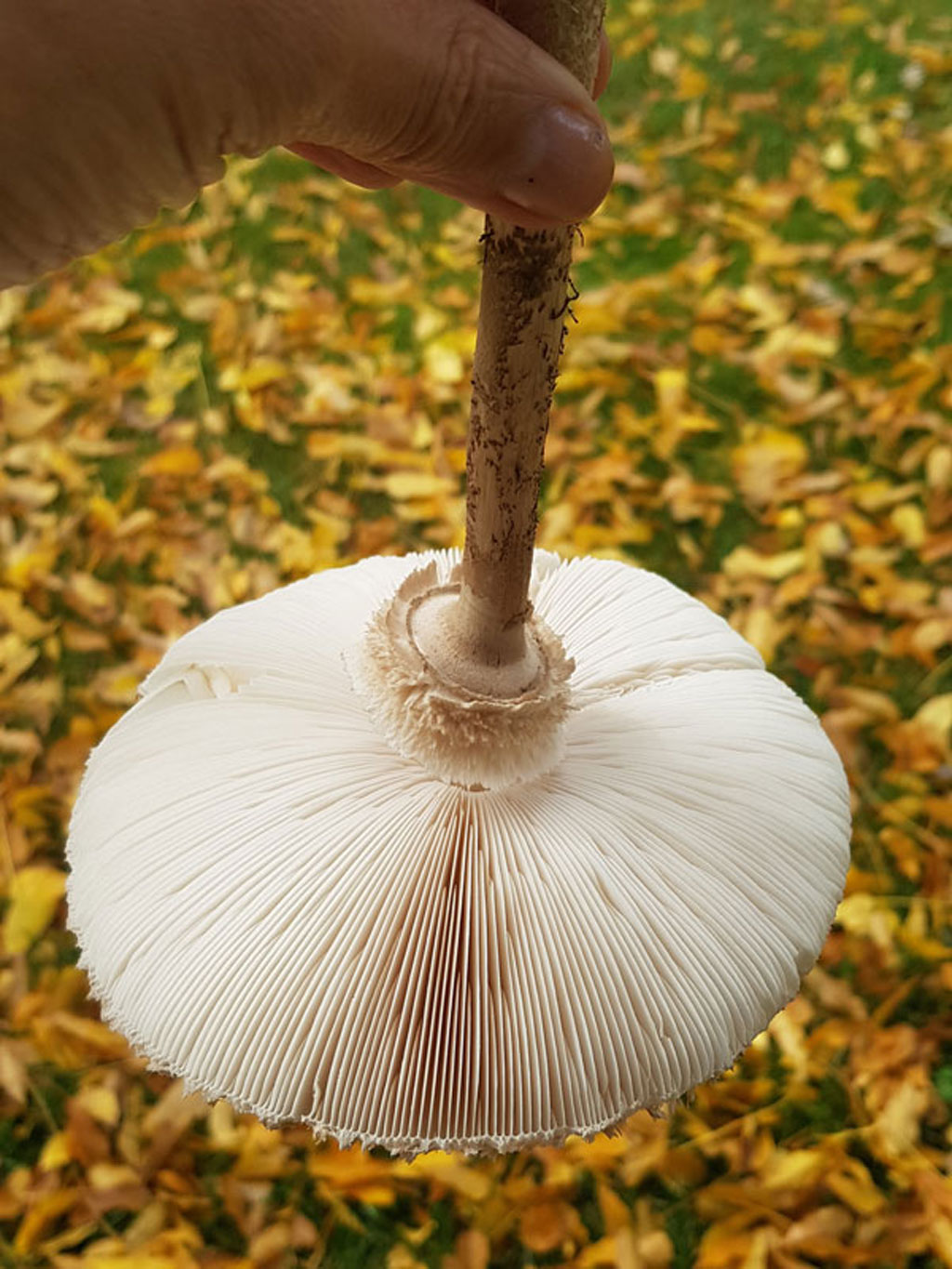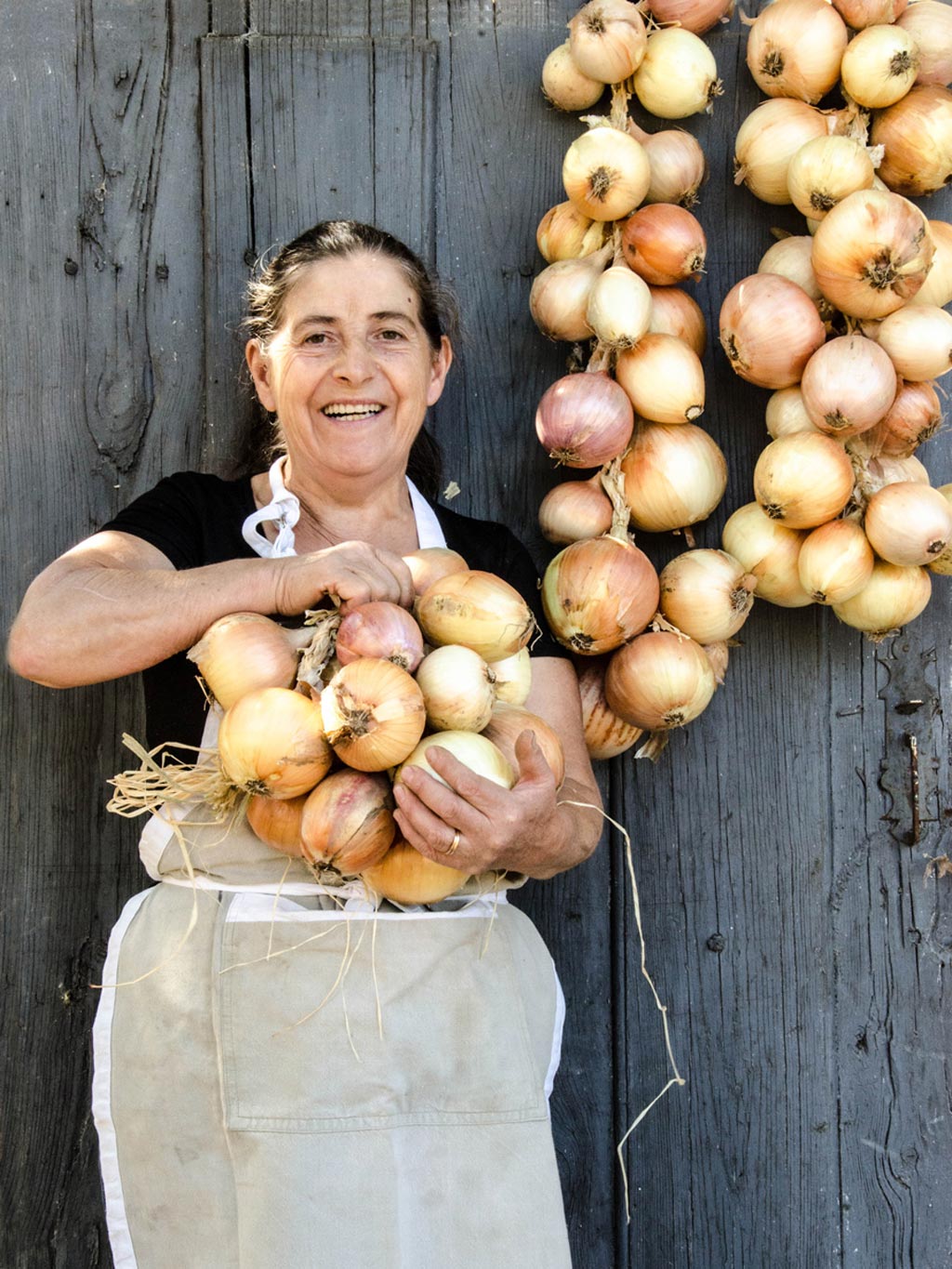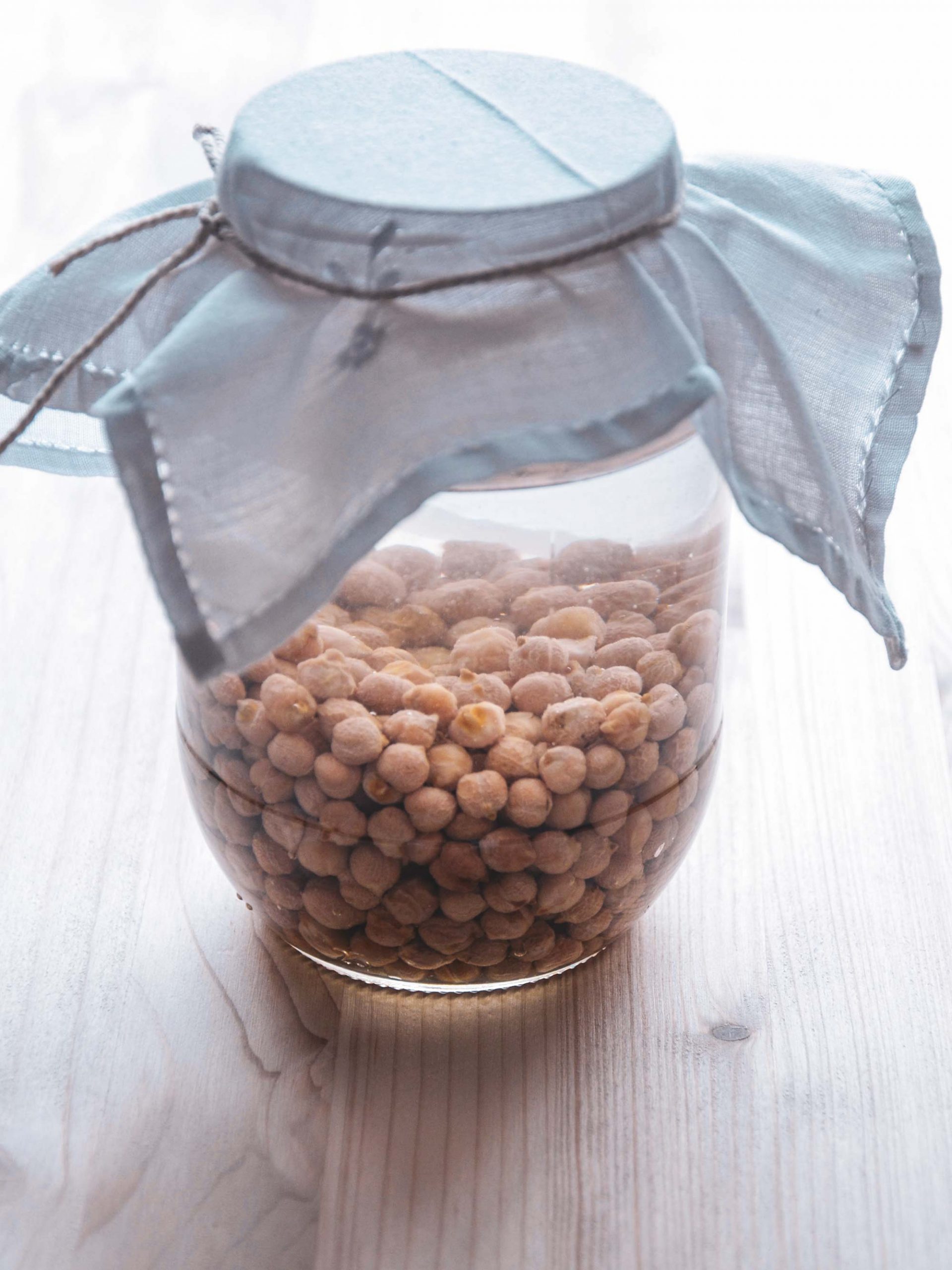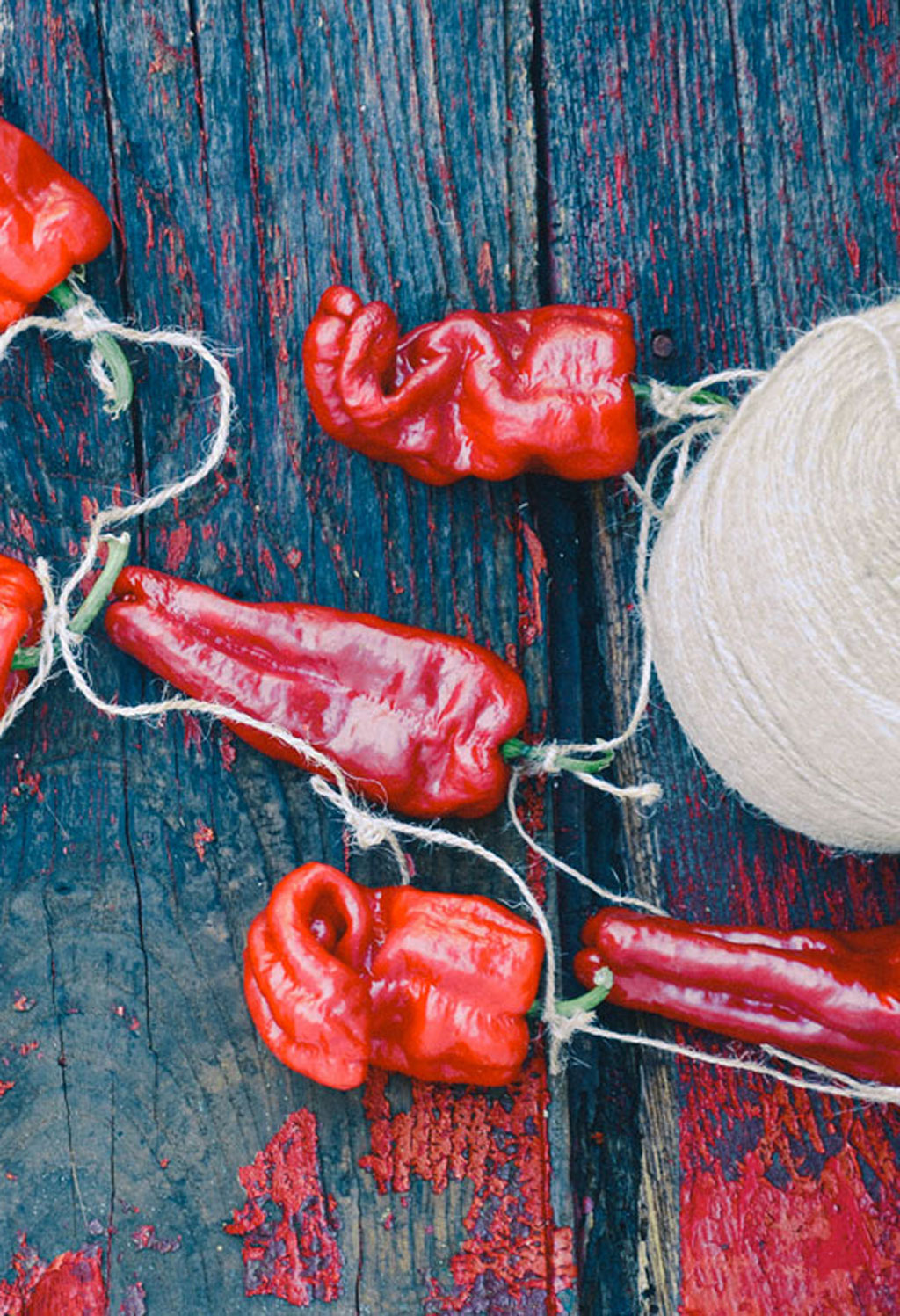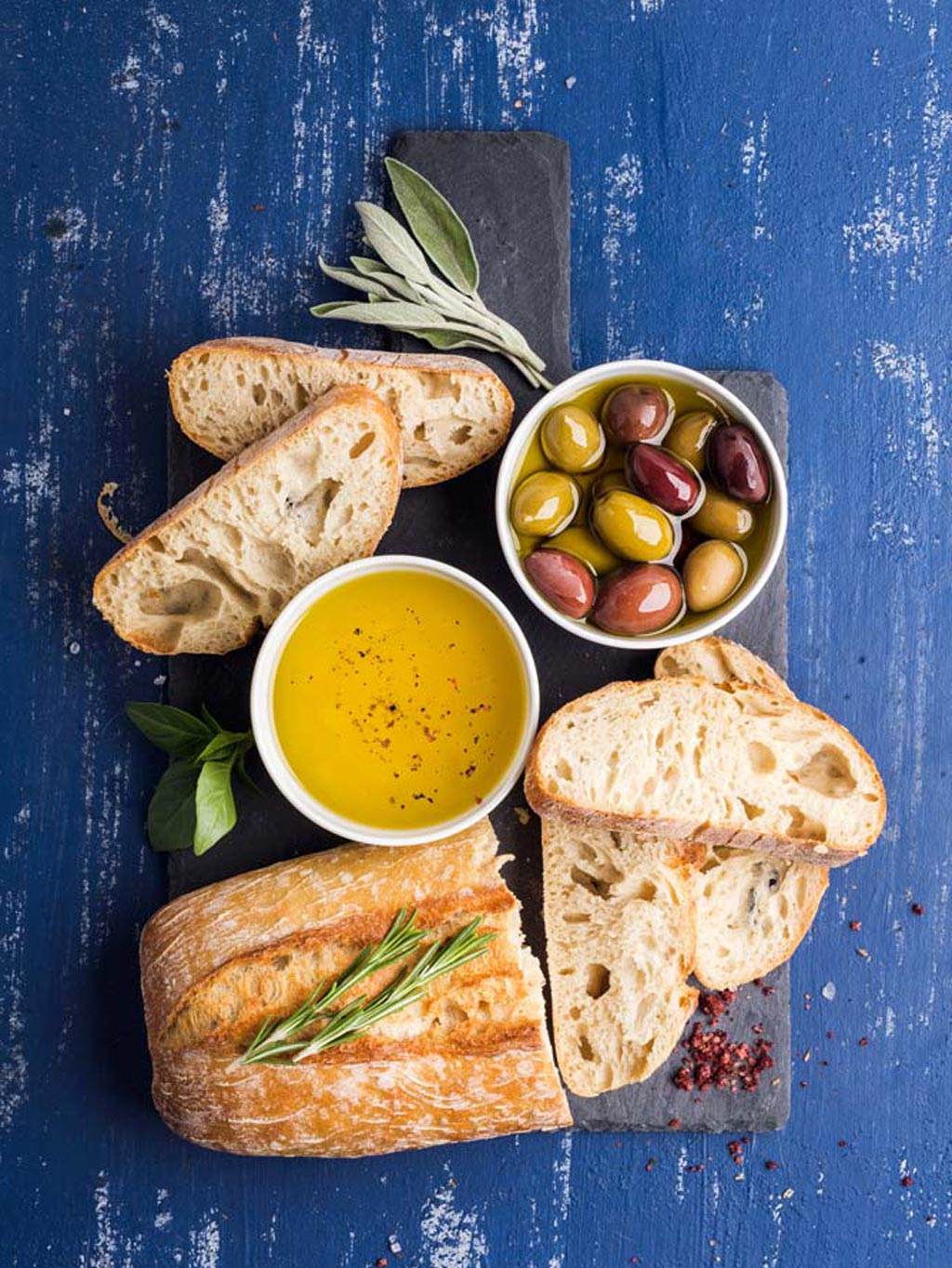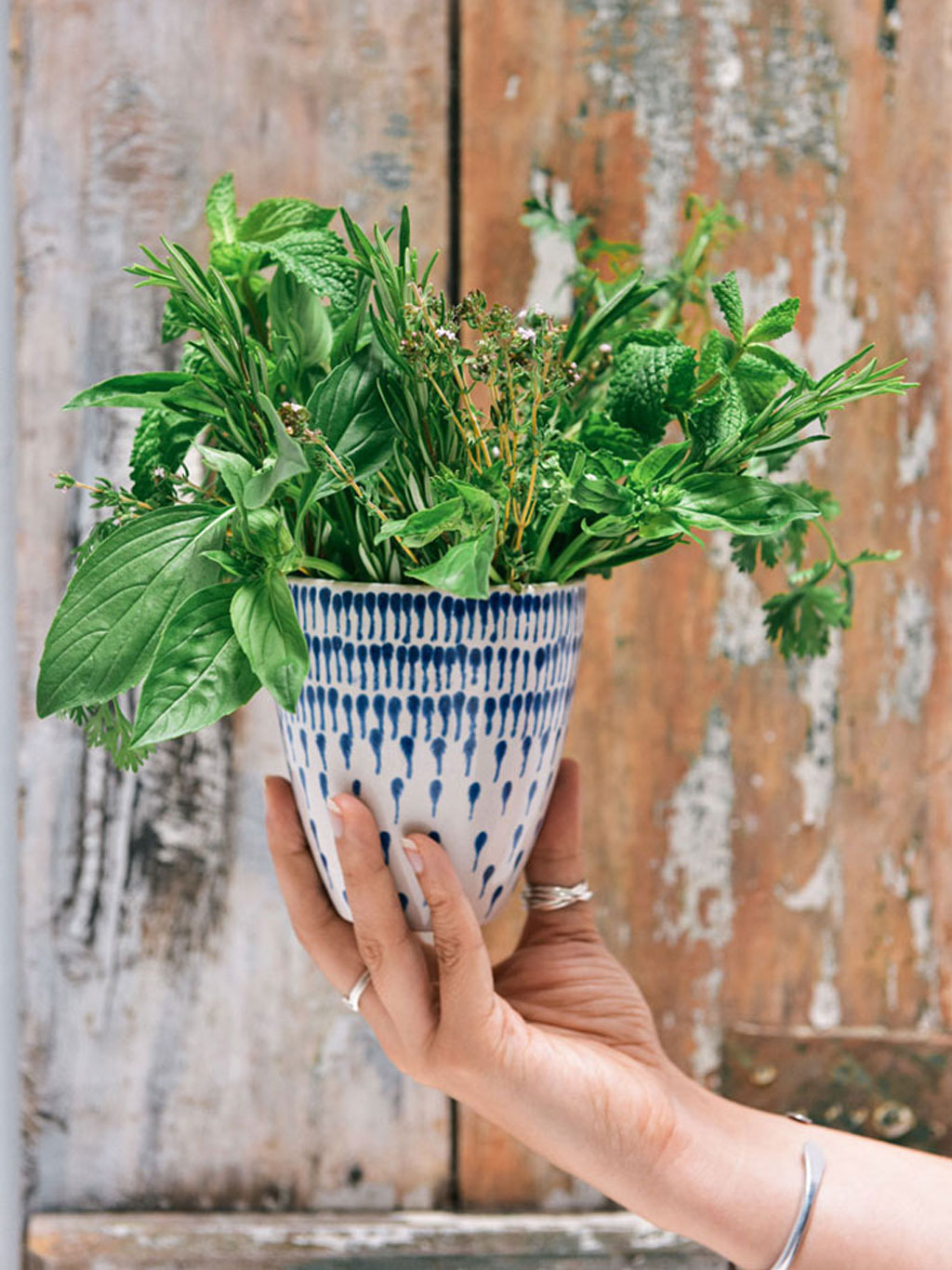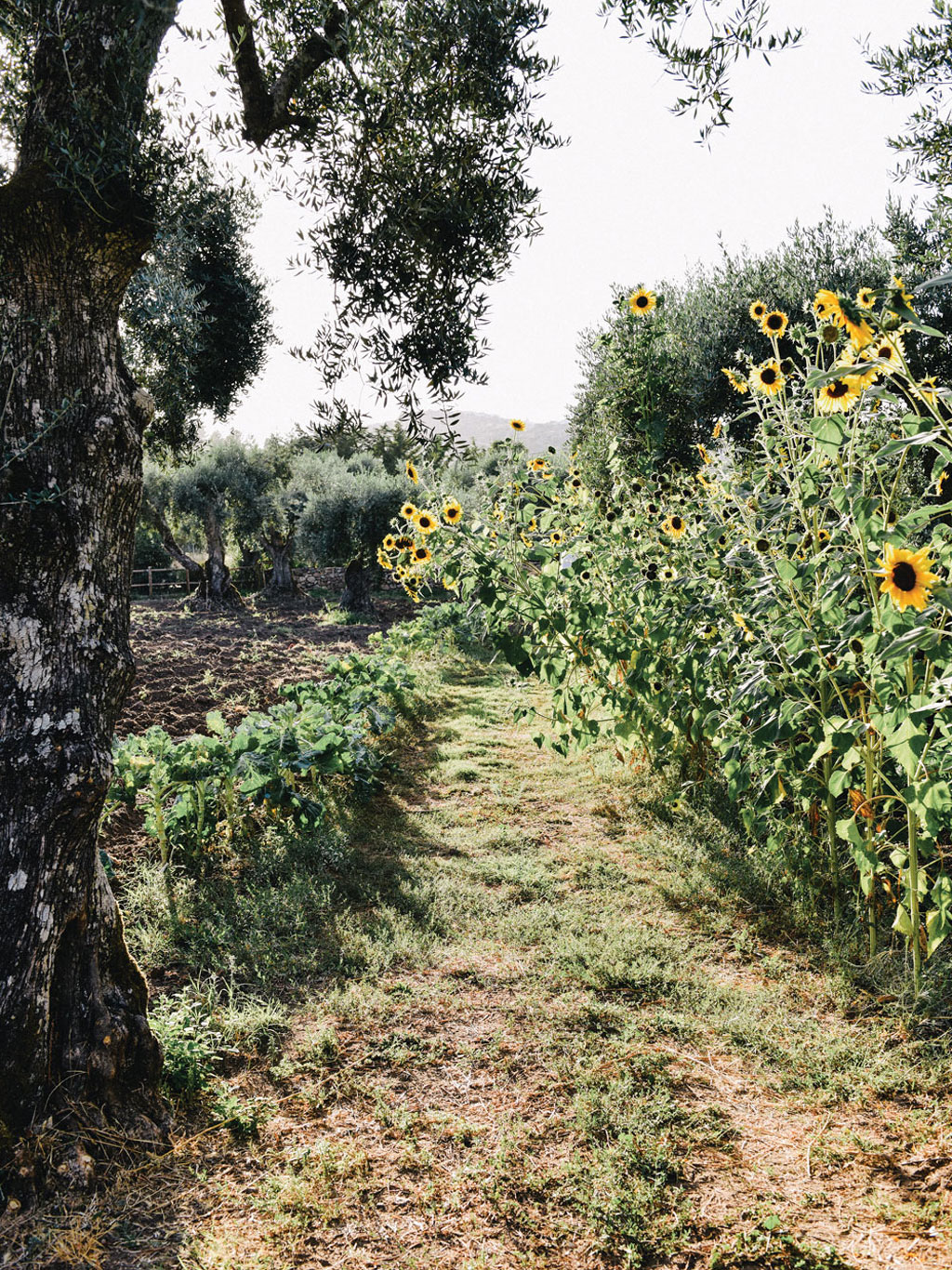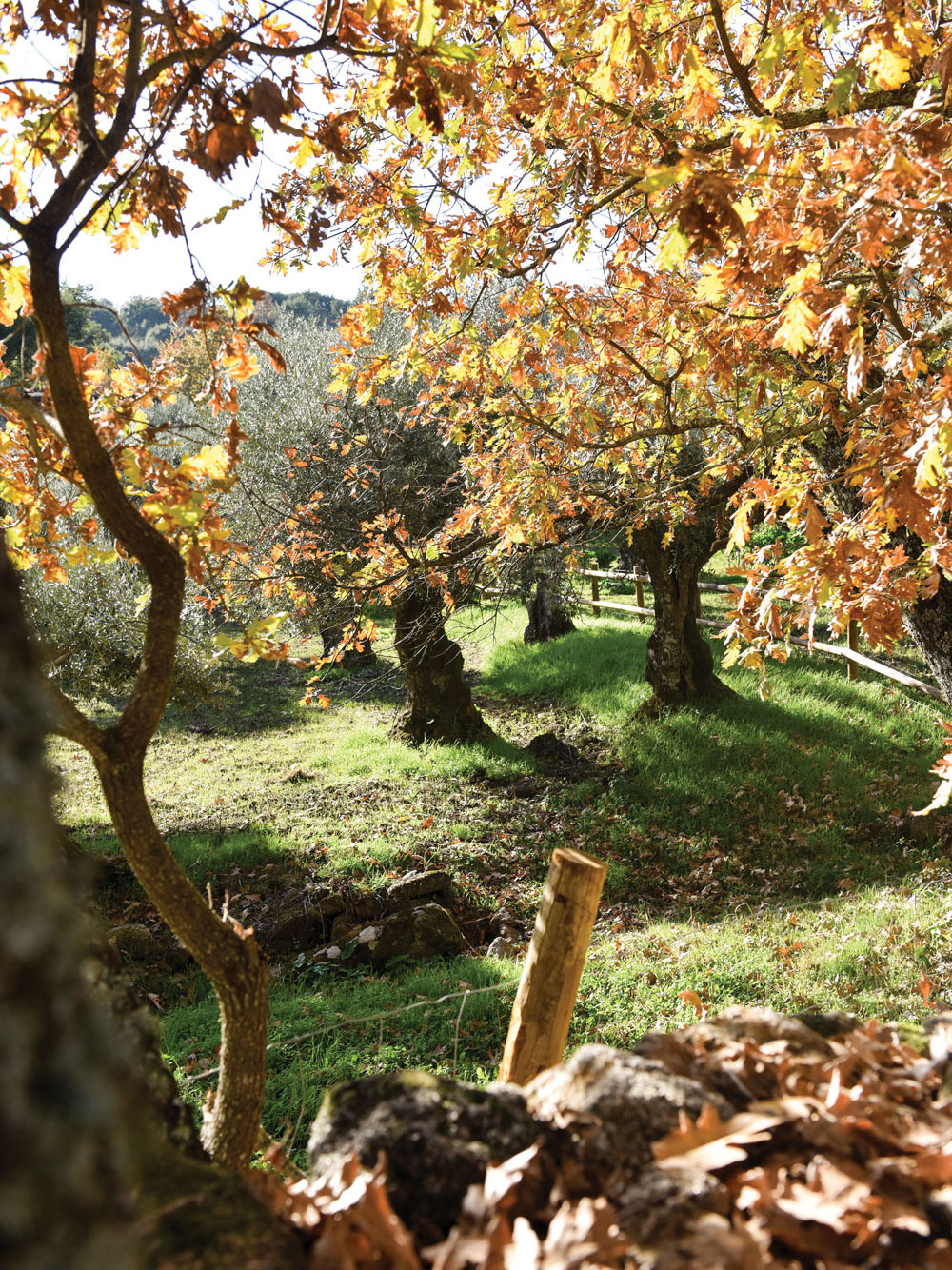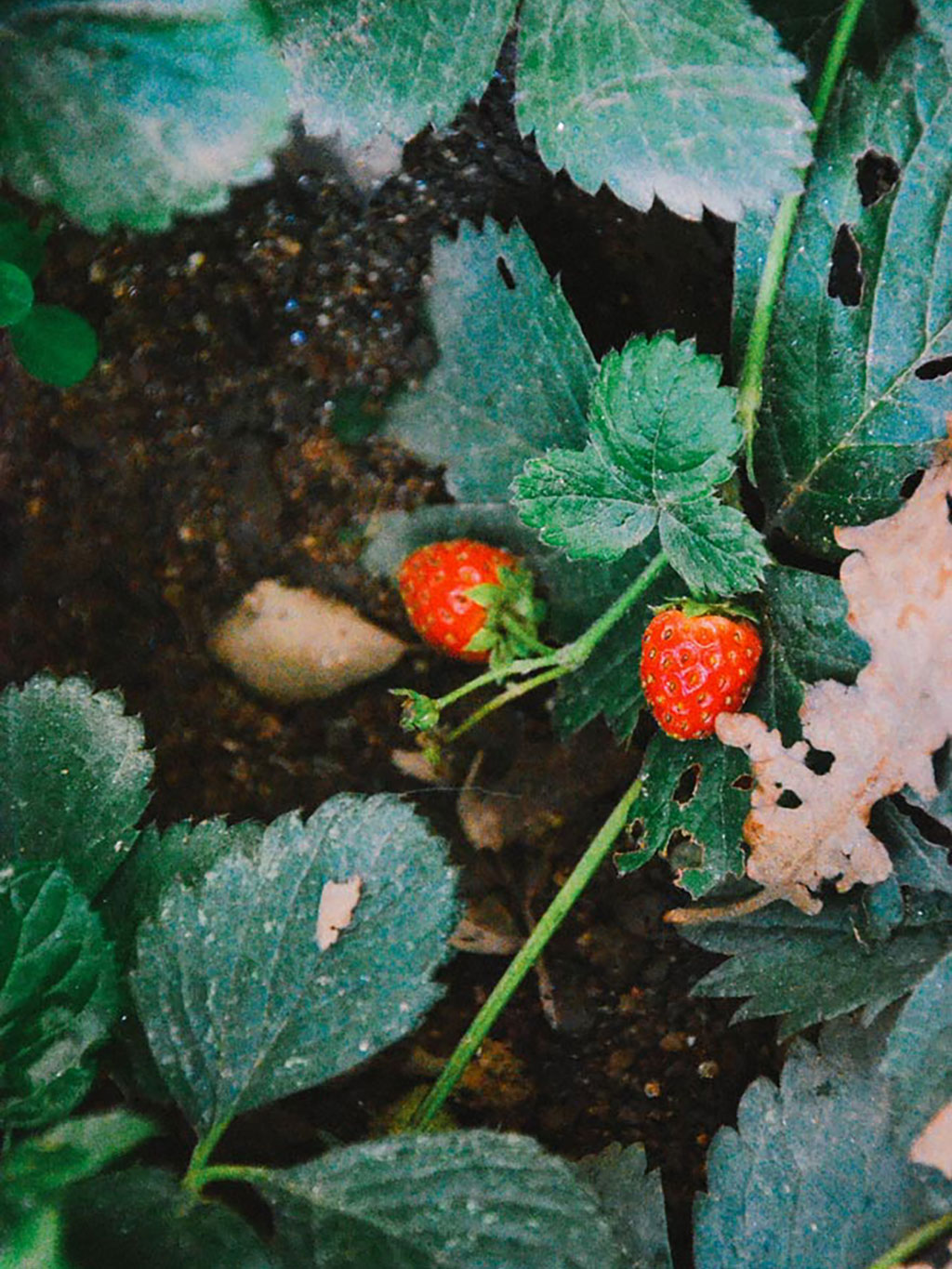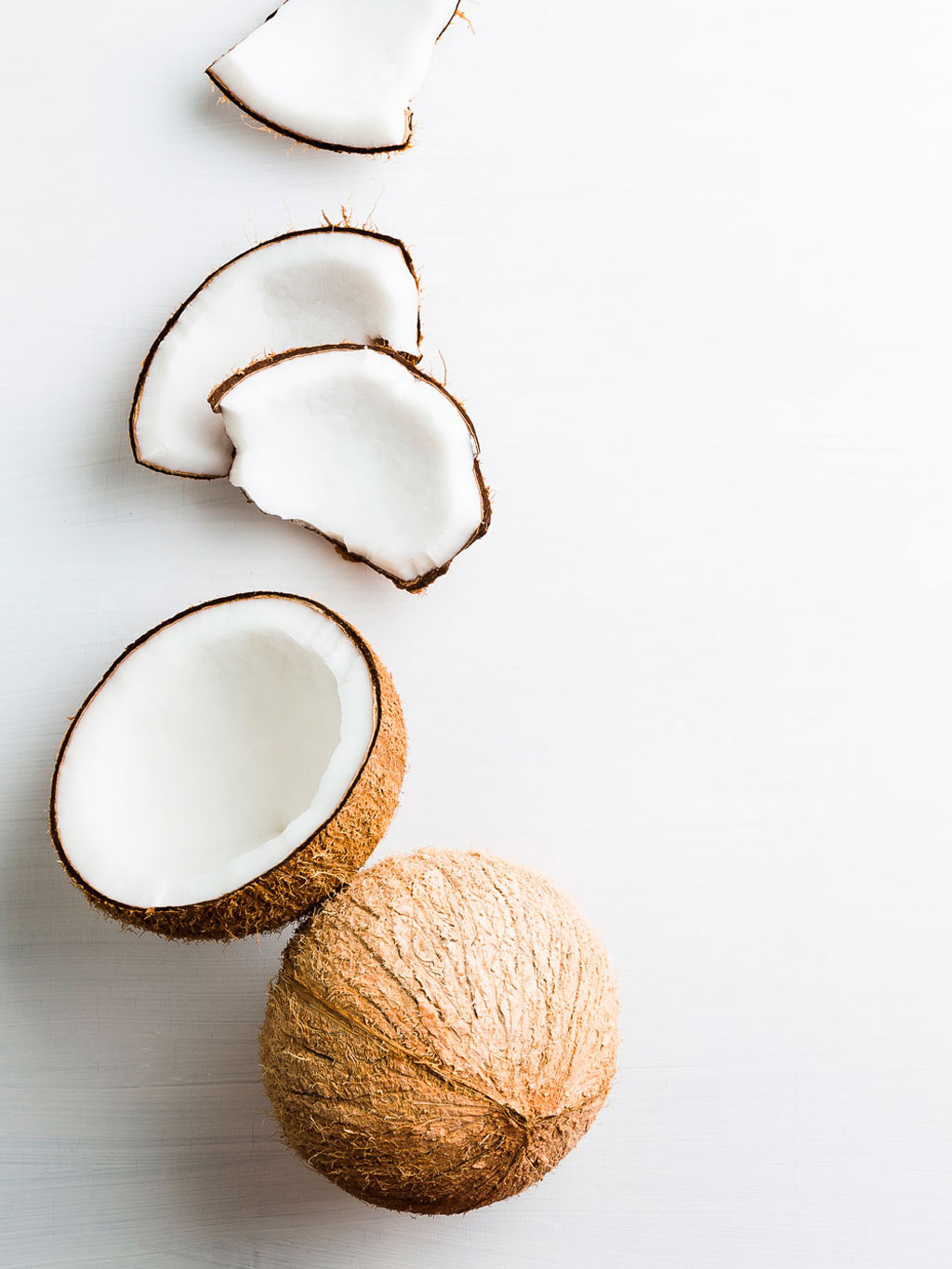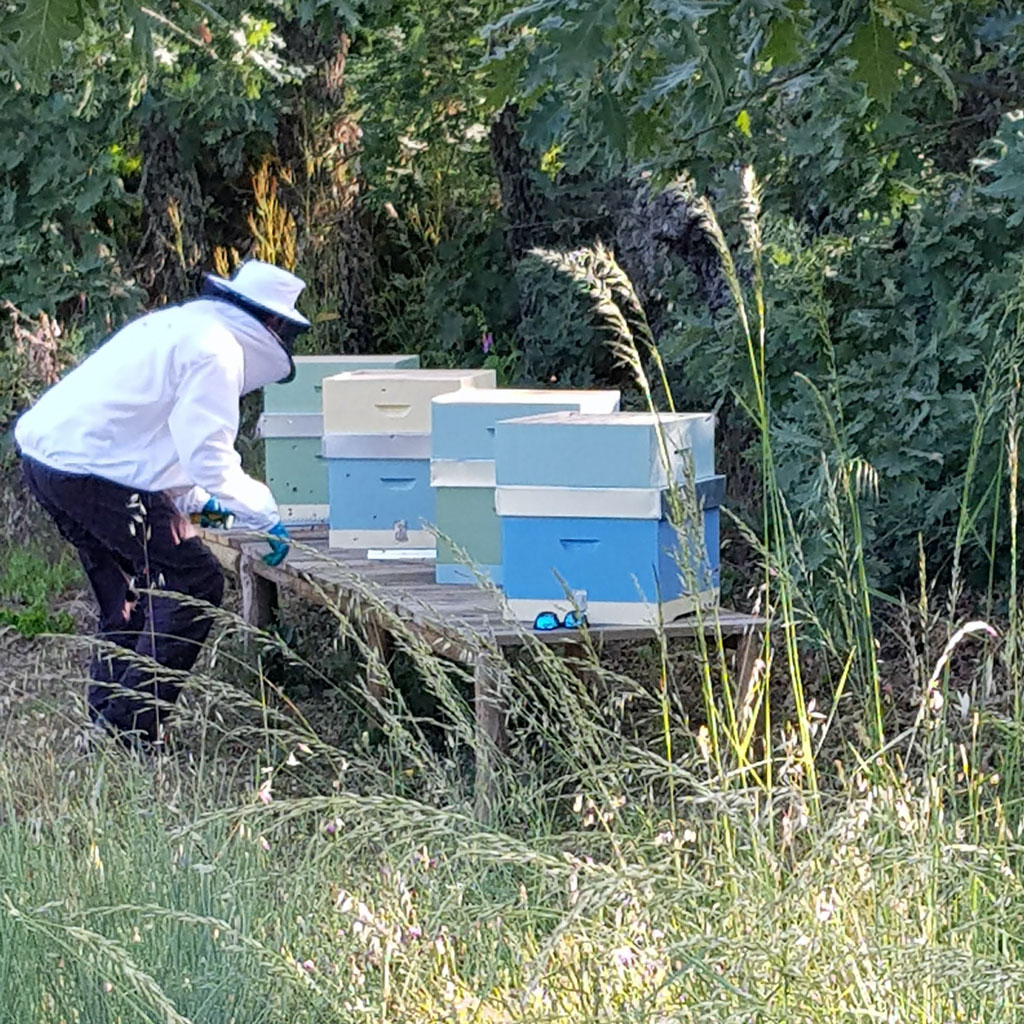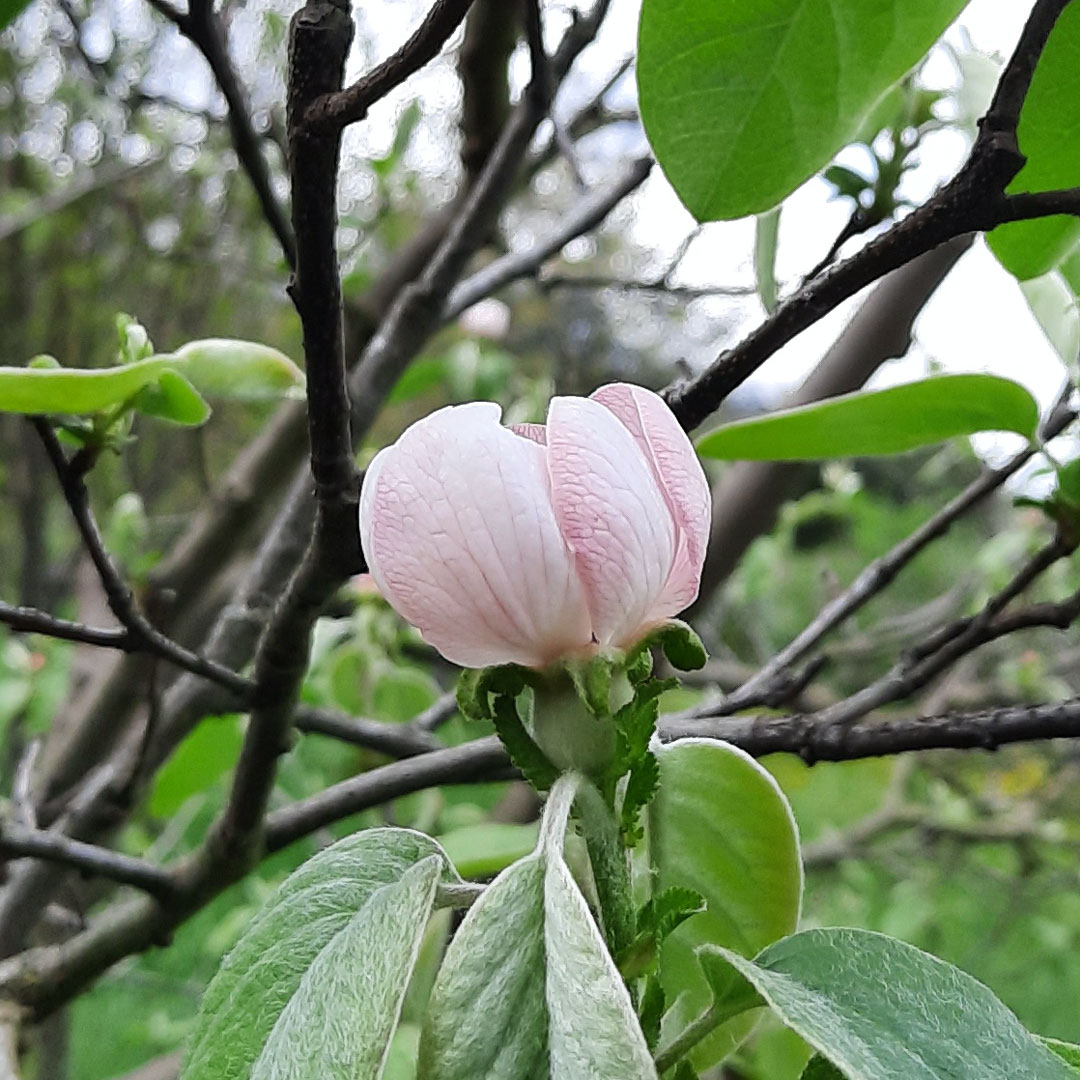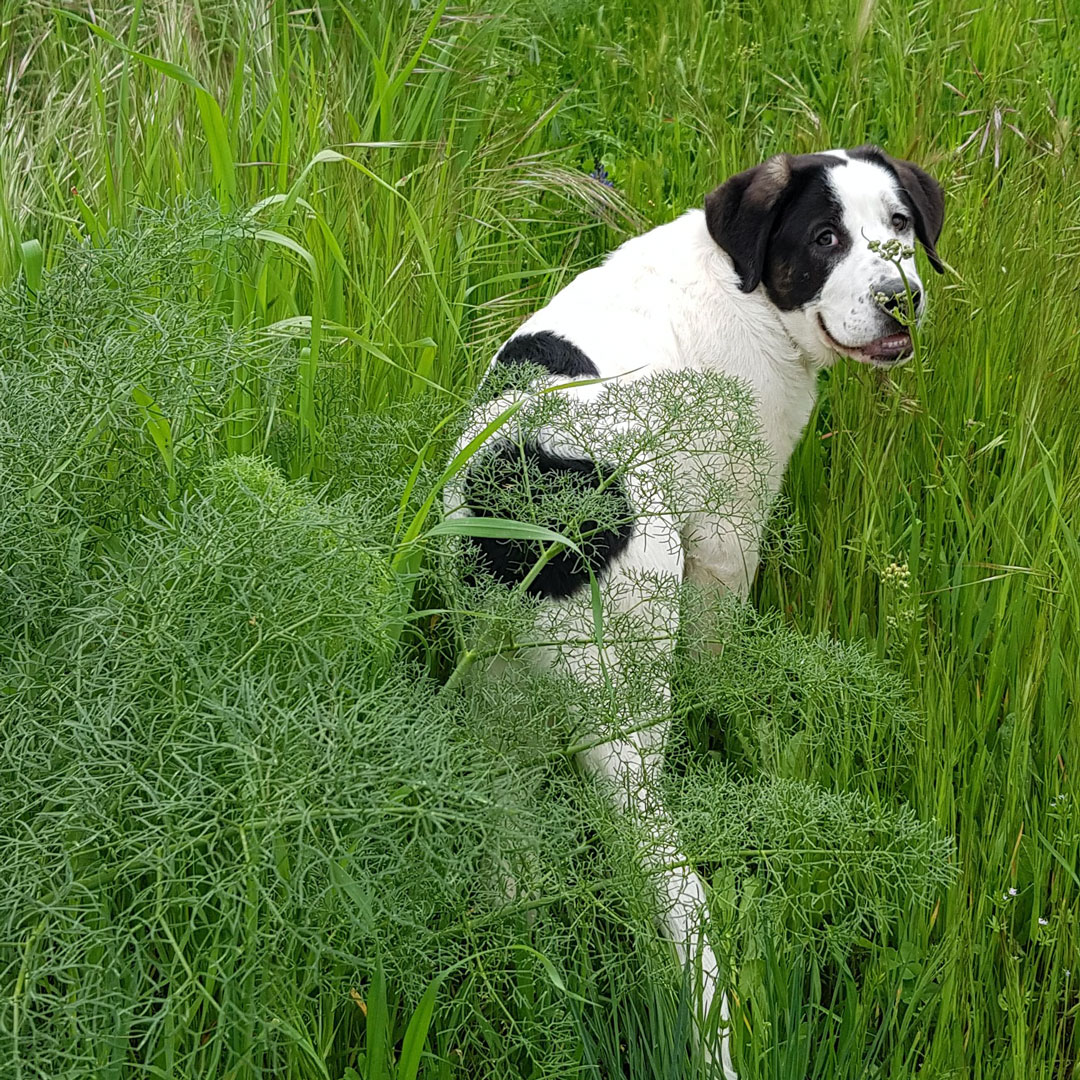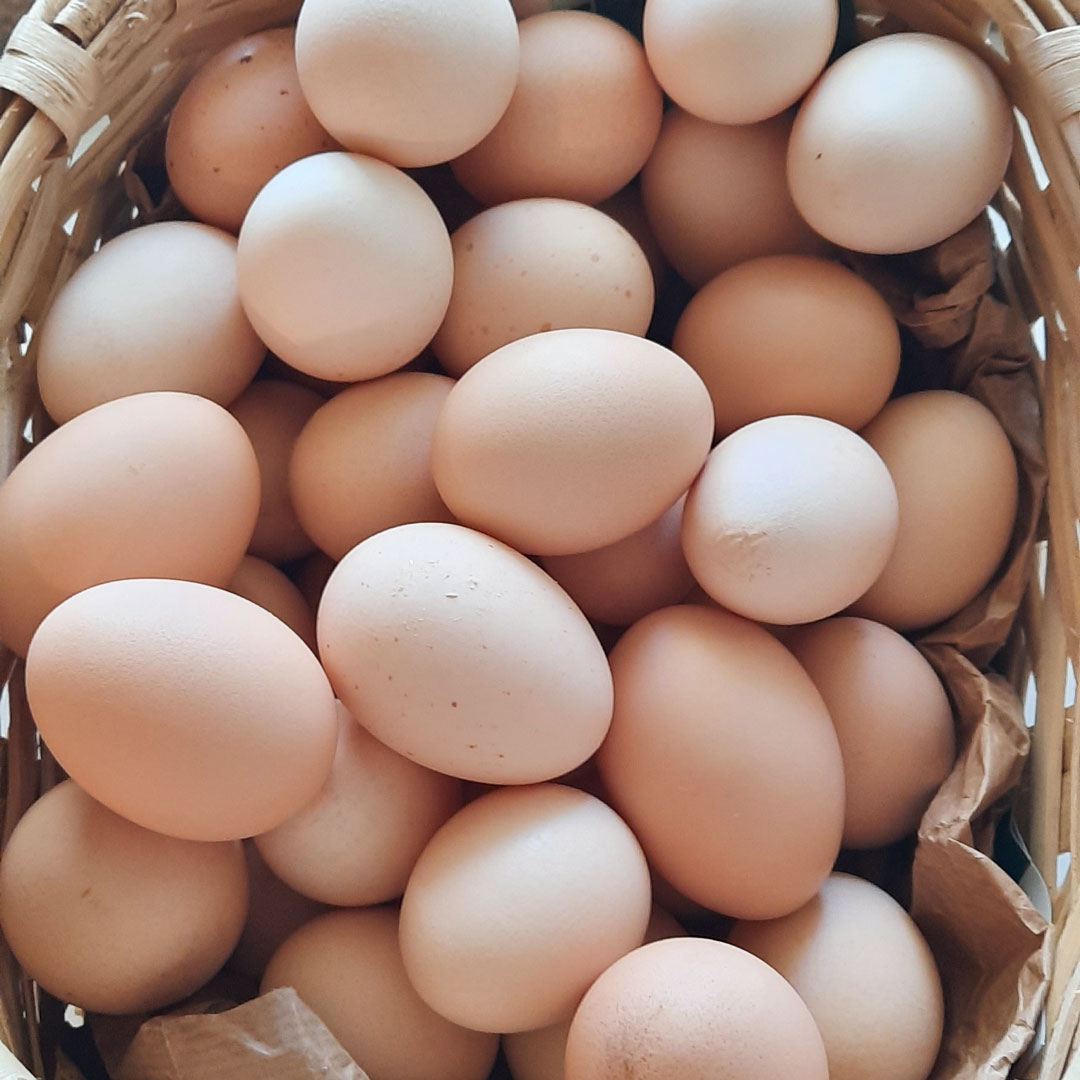I bet you didn’t know that in Portugal there are 720 species of moss, and many are endangered! Yes, despite being a protected species, the lack of legislation makes the time of year most cherished by all of us, Christmas, a kind of annual apocalypse for these plants.
Since there are no fines for those who catch, the moss is traded by the hundreds and plucked without mercy, which may eventually lead to its extinction over time, one more thing to add to what we have already managed to extinguish. And all of this to simulate the place where baby Jesus was born?
Yes, it can be beautiful, but let’s not forget that Jesus was born in a stable in the middle of the desert after all the Wise Men arrived there by camel! There shouldn’t be any moss there.
How about this being the year of a new tradition? Nativity scene yes but moss no!
If you think that decorating the nativity scene with sand and stones is very austere, how about some wheat fields? As the good Madeiran tradition says and even Alentejo! Let’s face it, wheat has a lot more to do with the Christian religion than moss, and kids will love to see the corn grow. Or the traditional straw, or just land. Or nothing! How about a minimalist nativity scene?
And why is all this
Because someone needs to give voice to Mosses! Do you know that they can take up to 20 years to develop?
Moss plays an extremely important role in nature conservation, combating erosion, retaining water and moisture thus protecting the soil. They are indicators of habitat quality, small miniature forests that serve as food and protection for various species of animals and fungi!
Between accumulation of humus, soil stabilization, fixation and germination of seeds, accumulation of biomass, recycling of nutrients, mosses also facilitate the flow of water preventing erosion, floods, etc. So, how about we leave the moss alone this year? I am sure that the baby Jesus does not care and will even like it.
Here are some examples of where the moss they put in the cribs comes from, don’t you think it is so much better to let it stay where it is for us and whoever comes after will have the opportunity to see this show that nature offers us? We believe so!
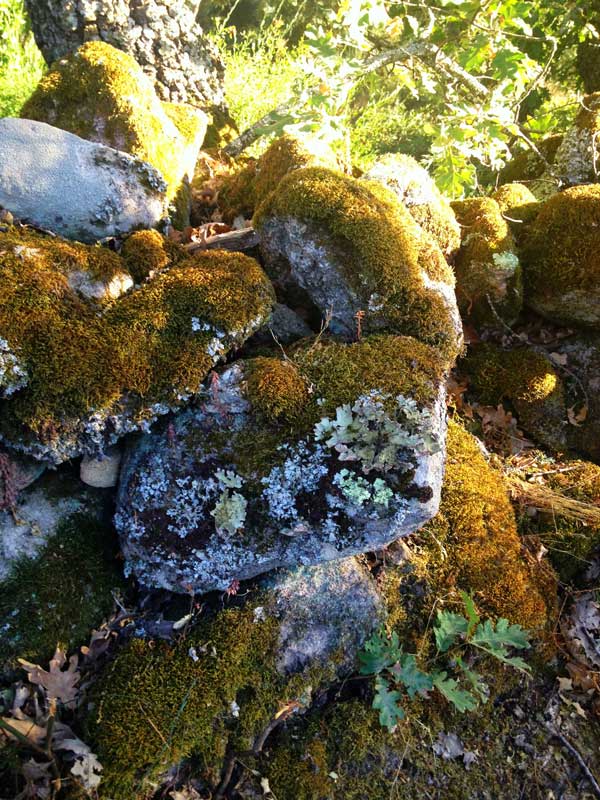
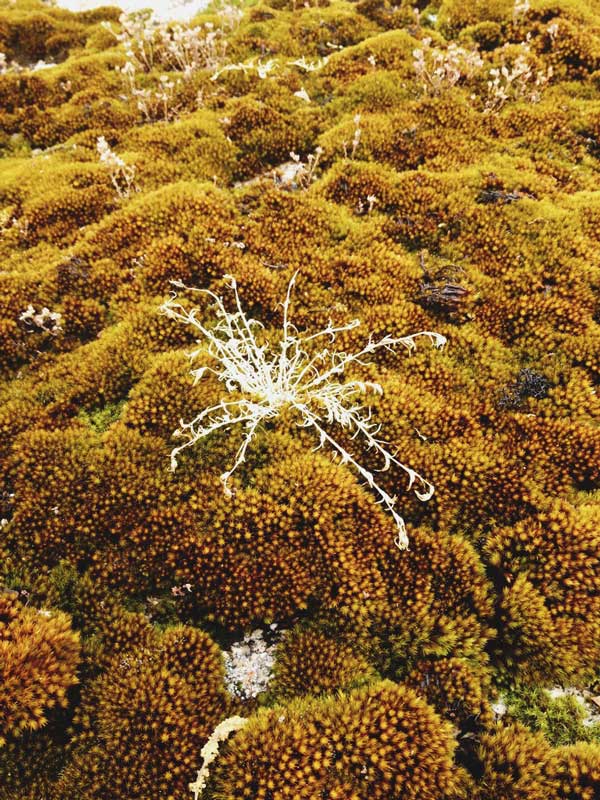
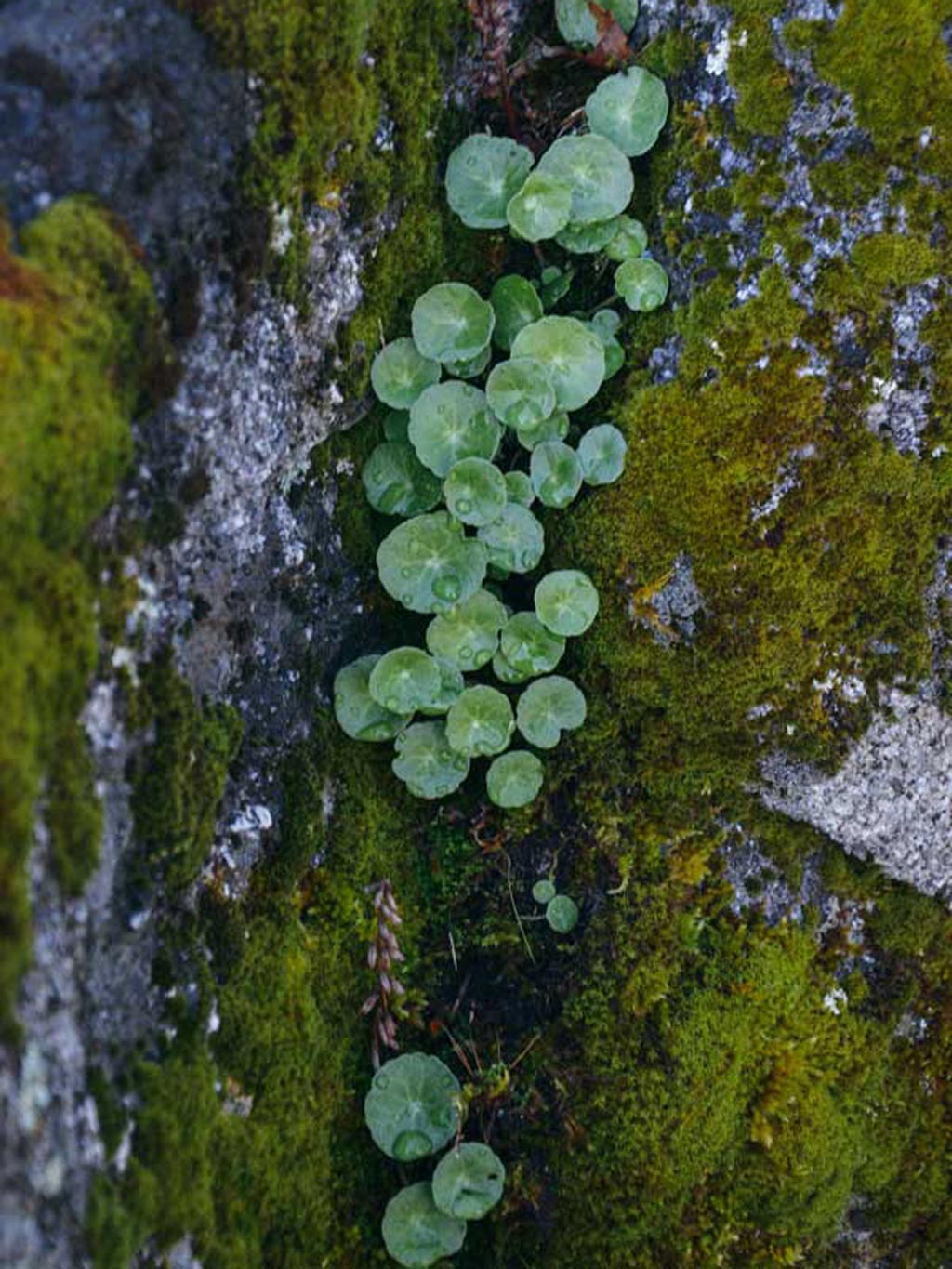
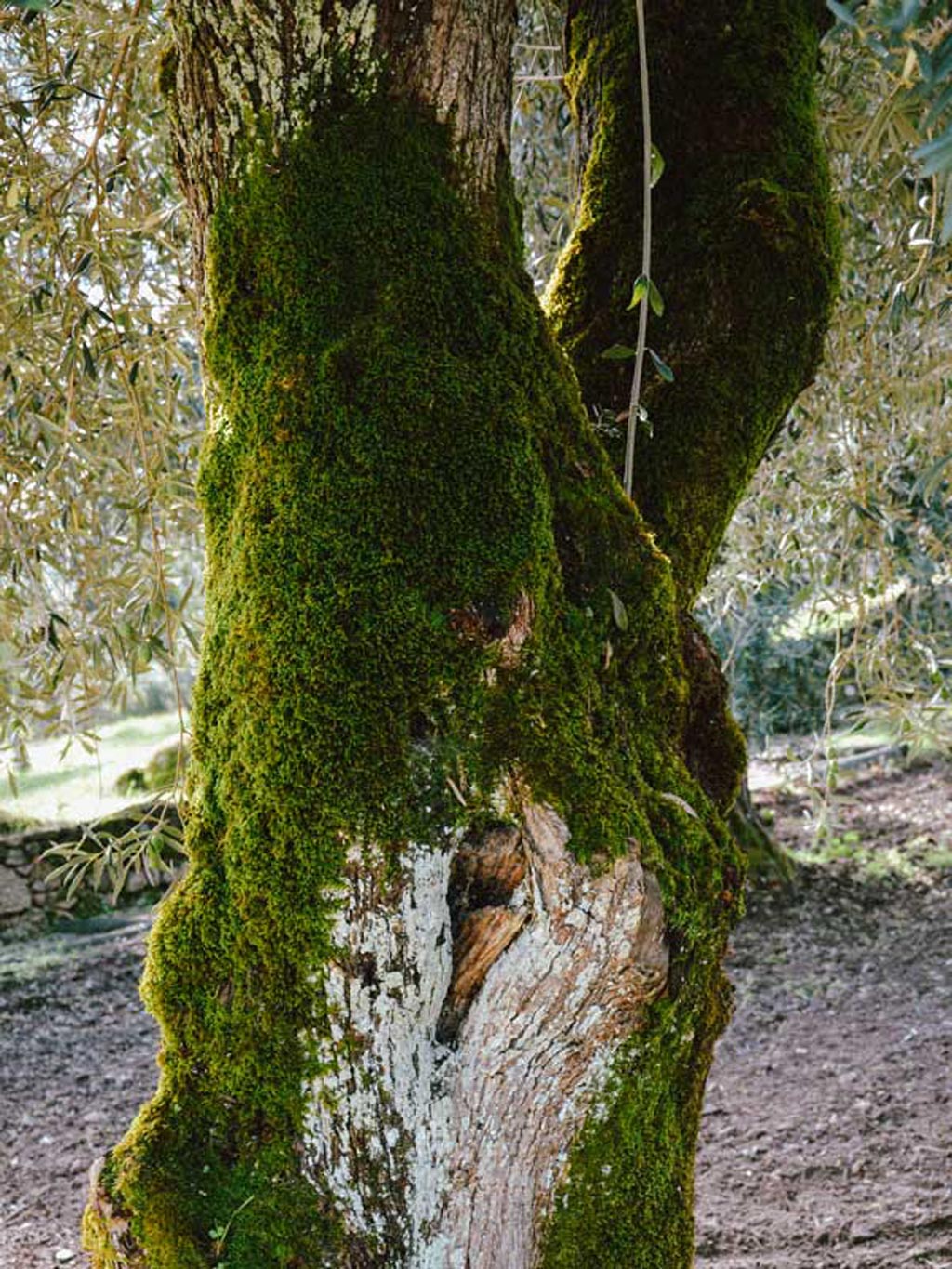
To make a mini production of wheat (or rye, vetch, chickpeas)
Just put the seeds in a container and water with water daily to germinate, if you want to follow the tradition to the letter, then on January 6, they must be transplanted to the land.

